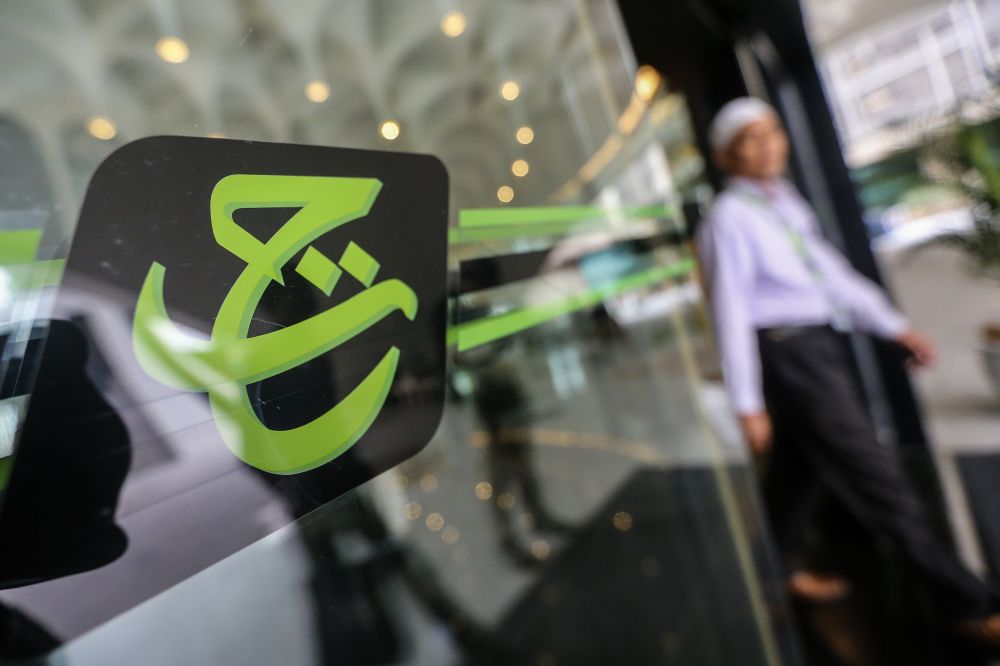KUALA LUMPUR, March 3 — Lembaga Tabung Haji’s (TH) financial position remains stable with total assets exceeding total liabilities by RM3.68 billion for the financial year ended Dec 31, 2020 (FY20).
Total assets stood at RM81.85 billion and total liabilities were RM78.17 billion, the pilgrims fund board said today.
Group managing director and chief executive officer Datuk Nik Mohd Hasyudeen Yusoff said TH aimed to provide a stable profit distribution to depositors in line with its mandate to manage the funds of Muslims planning to fulfill the Haj obligation.
He said a more sustainable distribution rate was crucial for TH because pilgrims would need to wait for their turn for the Haj pilgrimage due to a quota set by the Saudi Arabian government.
“This is our most important responsibility. We have to ensure that TH continues to operate for more than a century to allow our pilgrims to complete their religious obligations.
“This means the safety of our investments is paramount and TH cannot afford to take on investments that are too risky,” Nik Mohd Hasyudeen said in a statement to announce TH’s financial performance and FY20 profit distribution.
TH announced a profit distribution of 3.10 per cent (after zakat) for FY20. The distribution involves a total amount of RM2.24 billion compared with RM2.14 billion for 2019.
“TH recorded an improved financial performance (unaudited) for 2020 with net profit after zakat rising 22 per cent or RM397 million to RM2.23 billion.
“The performance was supported by its fixed-income investments that generated RM1.9 billion, equity investments of RM430 million, property investments with RM352 million, and Islamic money market instruments contributing RM318 million,” said Nik Mohd Hasyudeen.
For this year, he said, TH expected a more challenging operating environment where investors would be pressured to look for higher returns amid a soft economy.
“However, the efforts by various countries, including Malaysia, to ensure the population is vaccinated against Covid-19 should support the continuing initiatives toward economic recovery,” added Nik Mohd Hasyudeen.
He noted that 51 per cent of TH’s asset allocation was invested in sukuk fixed and recurring incomes.
This was in line with the board’s strategic asset allocation exercise which emphasised long-term investments with tolerable risk levels, he said.
TH will also continue its efforts to rebalance its investment portfolio especially in replacing low-yielding assets with those that can provide better returns to depositors.
This included providing more focus on overseas investments and ESG-based (environmental, social and governance) investments, added Nik Mohd Hasyudeen. — Bernama



















